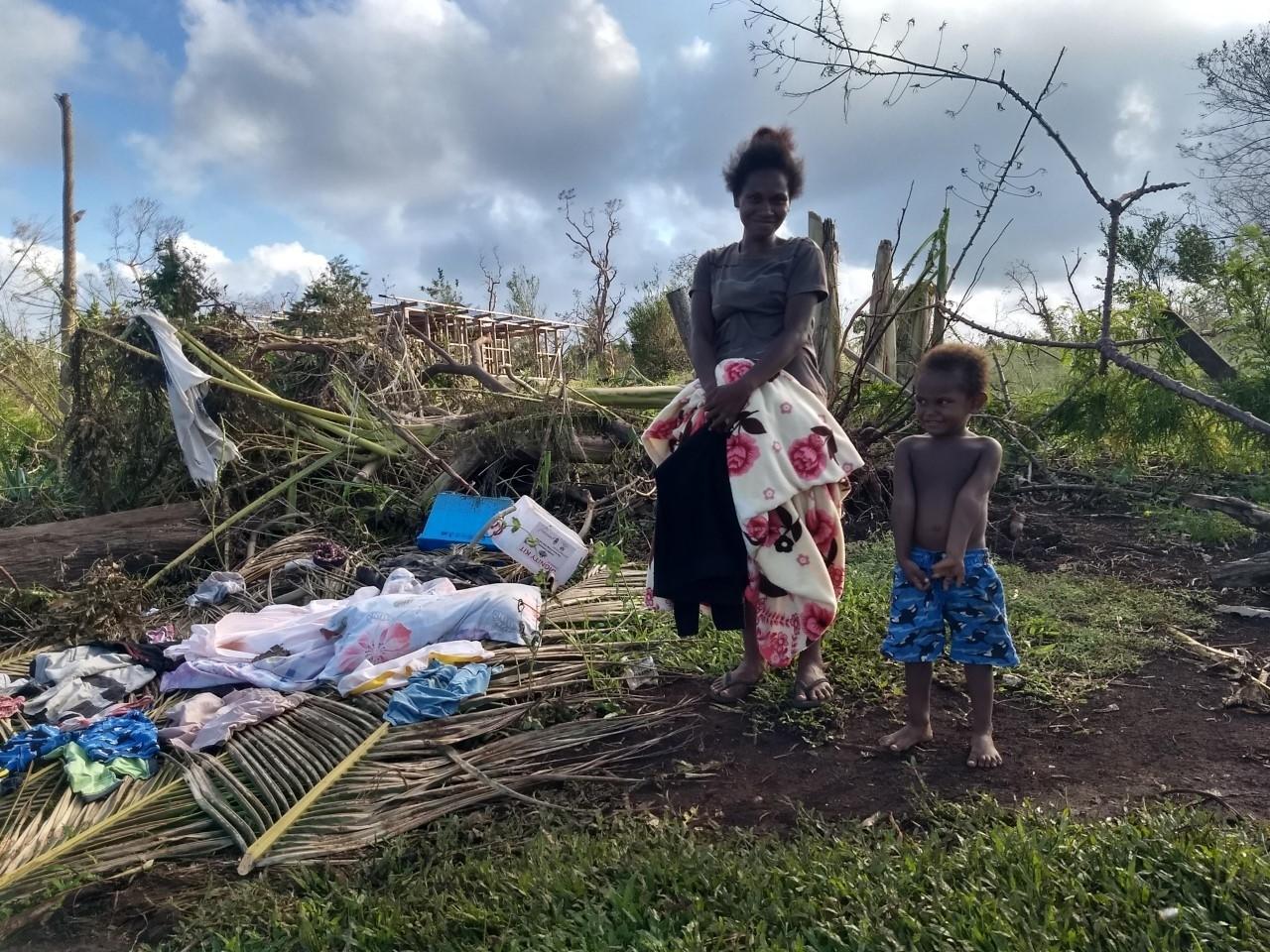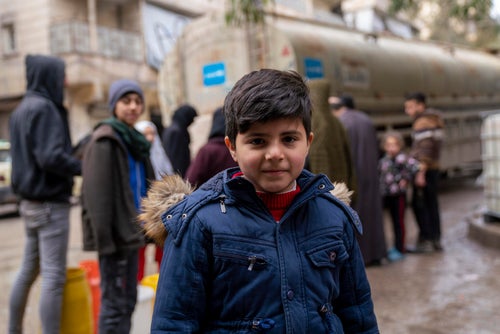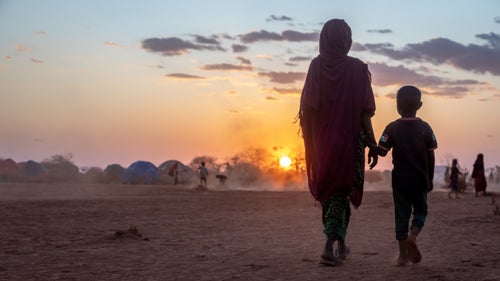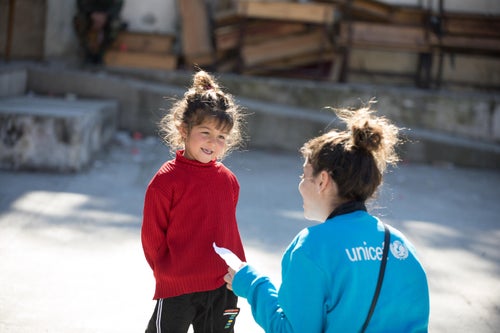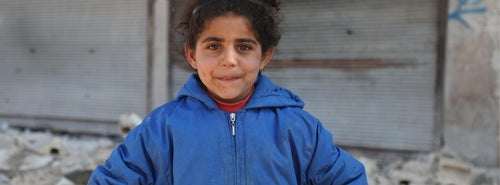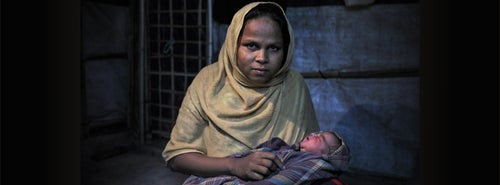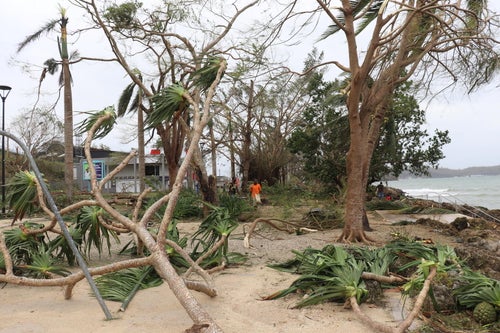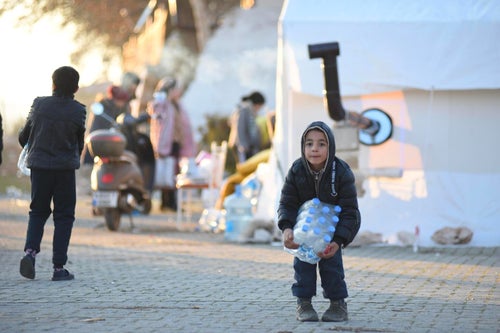Last week Tropical Cyclone Harold - a category five cyclone - tore through Solomon Islands, Vanuatu, Fiji and Tonga, killing dozens of people and causing widespread destruction to homes, food crops and water infrastructure.
Vanuatu was hardest hit with roads, hospitals, schools, homes and churches suffering significant damage. In Central and South Pentecost, between 80 to 90 per cent of people lost their homes.
For our Pacifc neighbours, climate emergencies are all too familiar. In 2015, Vanuatu was left devastated after Cyclone Pam wreaked havoc on the island, killing 17 people and destroying more than 65,000 homes.
This time around, the coronavirus outbreak has made it even more challenging to respond to the disaster.
Governments in the Pacific are continuing to enforce strict measures like border closures, travel restrictions and lockdowns in an effort to protect communities and prevent the spread of COVID-19.
Emergency response supplies need to spend three days in quarantine before they are dispatched to affected regions.
Even without the global pandemic, travel and logistics across the vast Pacific region is extremely challenging with healthcare workers often trekking for days across mountainous jungle terrain to reach communities in some of the most hidden corners of the region.
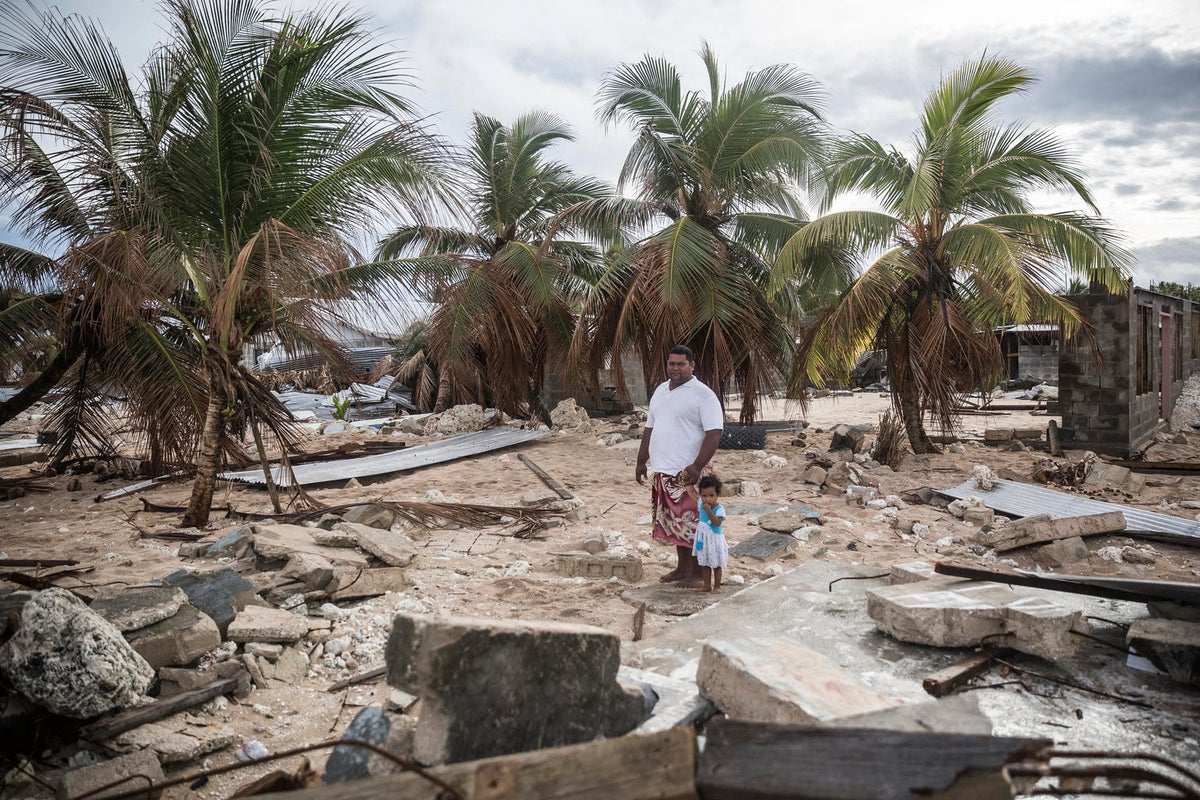
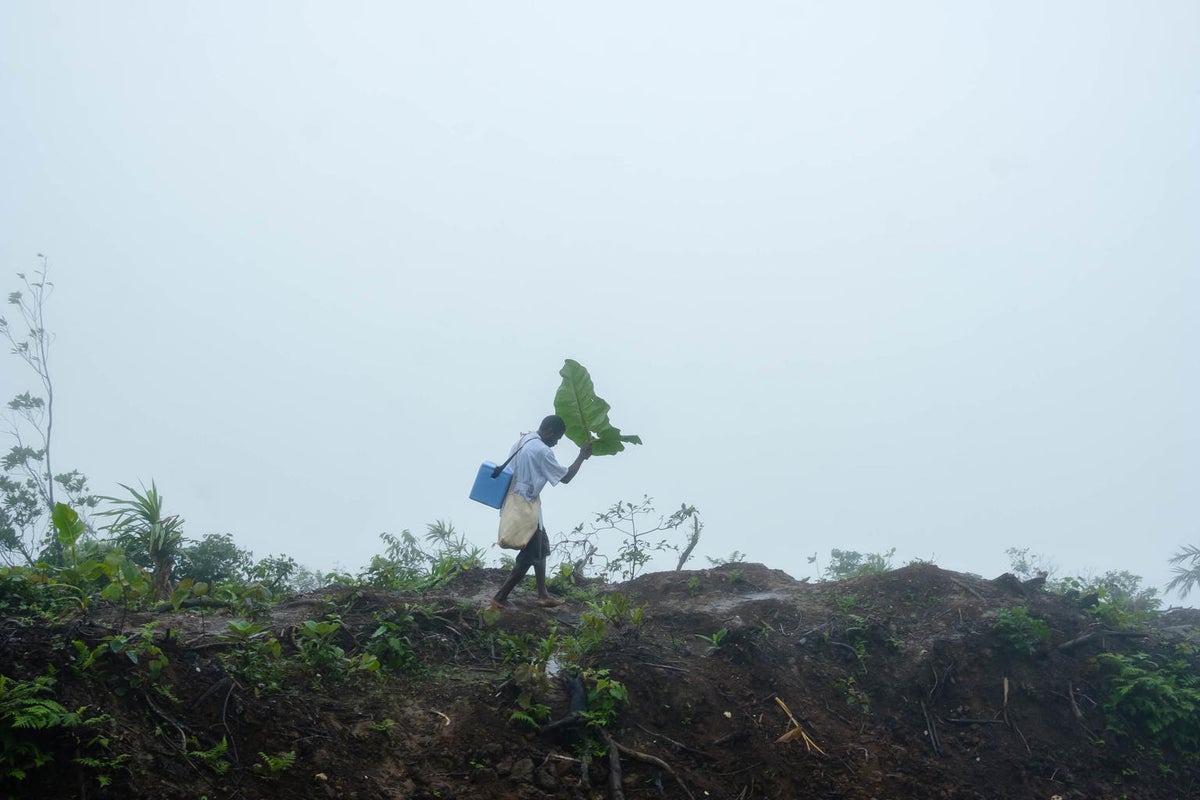
Vanuatu is one of the few countries in the world that has not had any confirmed cases of the virus, but there are fears that the country’s health system will struggle to cope with an outbreak.
“Our small size and limited resources makes us extremely vulnerable during an emergency crisis like this,” says Zubnah Khan, UNICEF Pacific Communications Officer.
“What is challenging is that our UNICEF Pacific staff based in Fiji are not able to travel out to other islands and support our offices in responding to this threat.”
"Our small size and limited resources makes us extremely vulnerable..."
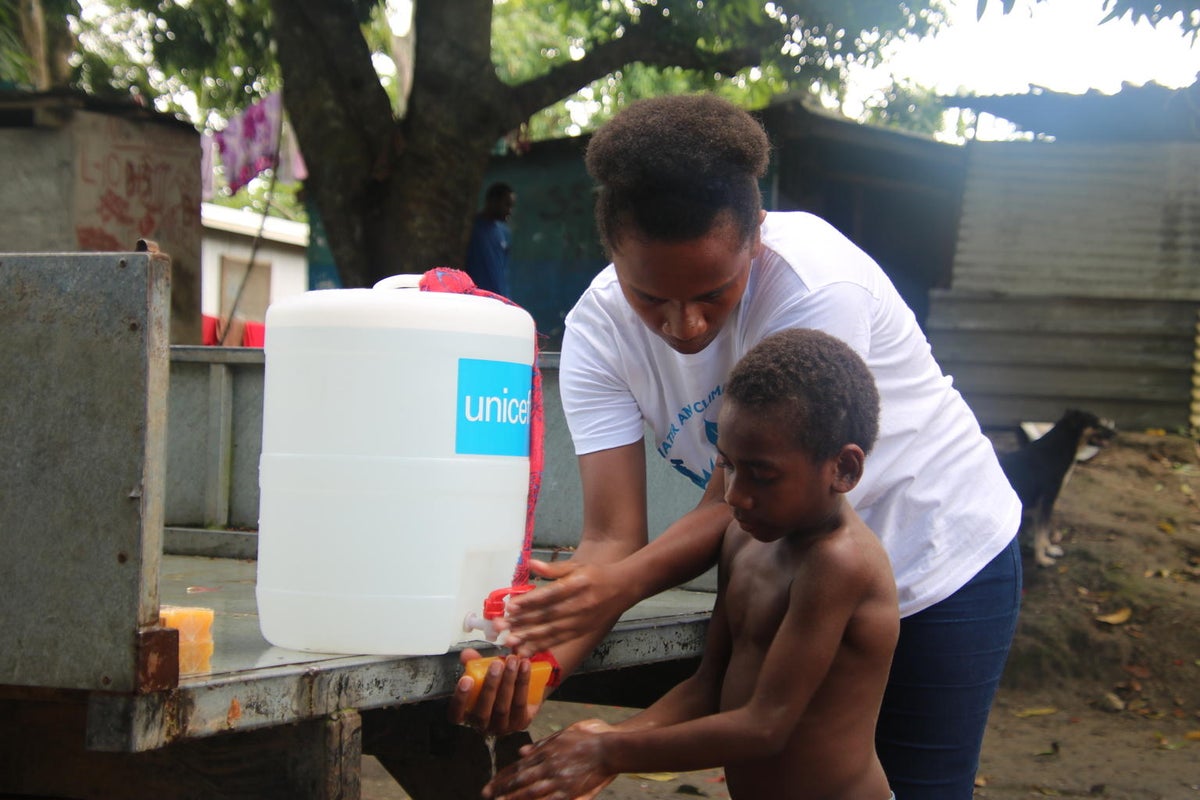
Prior to the cyclone, UNICEF and partners provided 170,000 essential medical supplies to the region including respirators, surgical masks, swabs, thermometers, testing kits, gloves and medical gowns.
UNICEF also supplied communication materials for use at airports, schools and in communities to help inform the public about the symptoms of COVID-19 and how to act to prevent the spread of the virus.
UNICEF Chief of Vanuatu Field Office, Eric Durpaire, says while the current priority is to provide affected areas with the humanitarian support needed to recover, he believes the community will remain diligent when it comes to social distancing and public health advice.
“People are really, really concerned about the virus,” he says.
“They see the news and what is happening in the world and they are very concerned so they are not taking risks.”
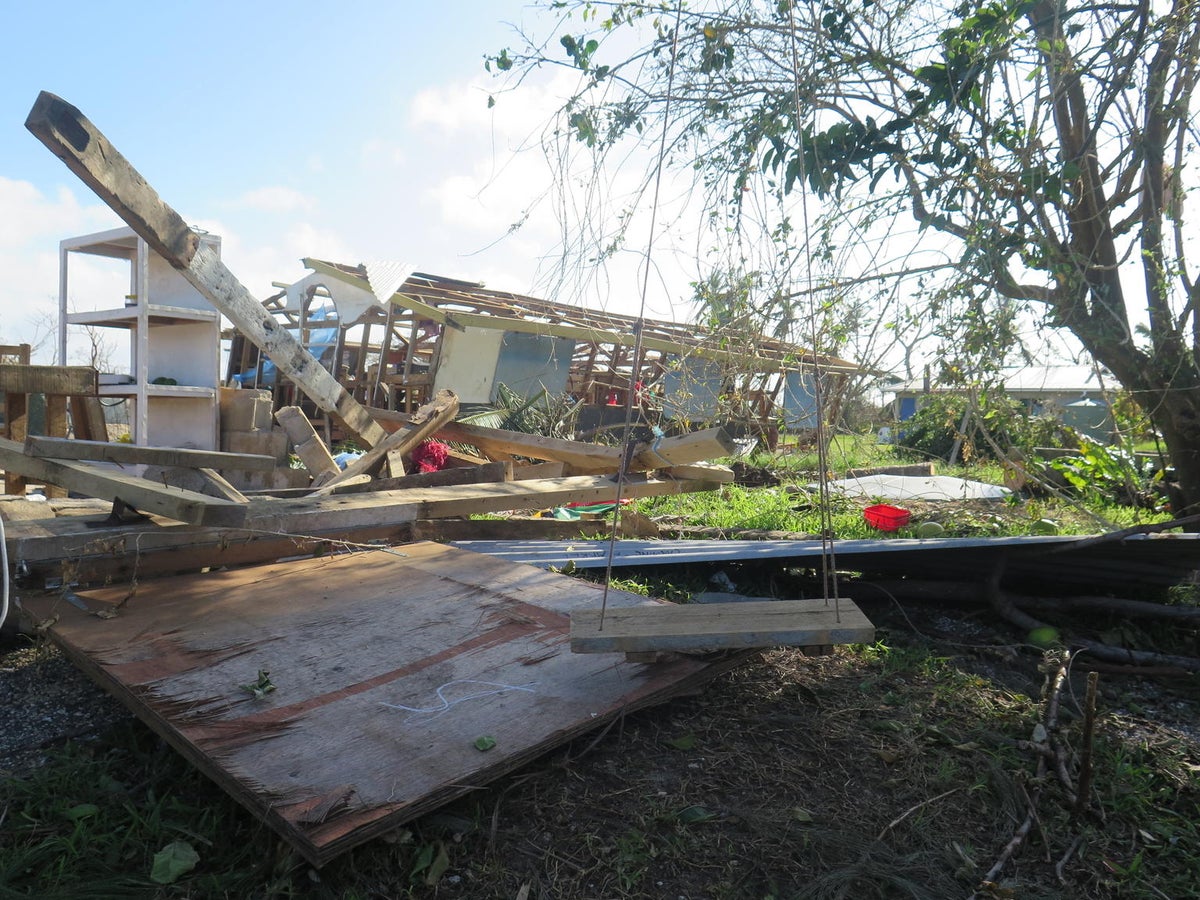
"We have to face it and I think all of us here at UNICEF are well equipped to respond."
Despite the ongoing work to get much-needed supplies to affected areas, Eric says one of the biggest challenges has been the lack of attention around the disaster.
While last week’s cyclone caused just as much devastation as Cyclone Pam in 2015, Eric says the concern around COVID-19 means there has been little to no media attention on the recent climate crisis.
“Everyone is concerned with COVID-19, so attention and resource mobilisation is more difficult than it used to be,” Eric says, adding UNICEF is responding to the cyclone and COVID-19 measures in an integrated way by strengthening health systems and repairing damaged water infrastructure.
“You can’t control a natural disaster. The global pandemic situation does make it more difficult, but it is just part of the reality.
"We have to face it and I think all of us here at UNICEF are well equipped to respond.”
Related articles
Stay up-to-date on UNICEF's work in Australia and around the world



